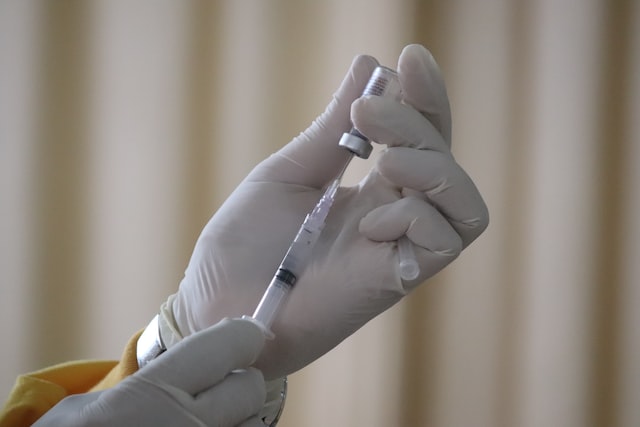The EC authorisation for Sunlenca is said to provide a new, every six-month treatment option for people with multi-drug-resistant HIV, who have very limited treatment choices

Gilead’s HIV drug Sunlenca approved in EU. (Credit: Mufid Majnun on Unsplash
Gilead Sciences has secured the European Commission (EC) marketing authorisation for its long-acting HIV capsid inhibitor Sunlenca (lenacapavir) in injection and tablet formulation.
The drug, together with other antiretrovirals, has been approved for the treatment of HIV infection in adults with multi-drug resistant HIV infection.
Sunlenca is a long-acting HIV capsid inhibitor that works with a multi-stage mechanism of action and has no known cross resistance to other existing drug classes.
It offers a new, every six-month treatment option for people with HIV whose virus no longer effectively responds to their current therapy, said the company.
With the EC marketing authorisation, the drug is now allowed for use in all the 27 member states of the European Union (EU), along with Norway, Iceland and Liechtenstein.
Gilead Sciences chairman and chief executive officer Daniel O’Day said: “After more than three decades of driving advancements in HIV treatment and prevention, Gilead scientists have now delivered an innovative new option for long-acting care.
“Lenacapavir is a unique and potent medicine with the potential for flexible dosing options. Following today’s approval, it will now be the only twice-yearly treatment for people who struggle with multi-drug resistant HIV.
“Our goal is to deliver multiple long-acting options in the future, in the belief that this will make a fundamental difference in the journey to end the HIV epidemic.”
Gilead’s Marketing Authorization Application (MAA) for Sunlenca is based on data from the Phase 2/3 CAPELLA study in heavily treatment-experienced people with multi-drug resistant HIV.
In the study, majority (83%) of participants who received Sunlenca, in combination with an optimised background regimen, achieved an undetectable viral load at Week 52.
The participants, who represent a population with significant unmet medical need, achieved a mean increase in CD4 count of 83 cells/µL, said the company.
In March, the US Food & Drug Administration (FDA) rejected Gilead’s application seeking regulatory approval of the drug, citing a manufacturing issue and questioned its compatibility with the glass vials.
Gilead resubmitted its New Drug Application (NDA) for its for investigational drug in June.
The US agency accepted to review the resubmission, and assigned a Prescription Drug User Fee Act (PDUFA) action date of 27 December 2022.
Earlier this month, Gilead Sciences has signed a definitive agreement to fully acquire UK-based biotechnology company MiroBio, for a total of around $405m in cash.
